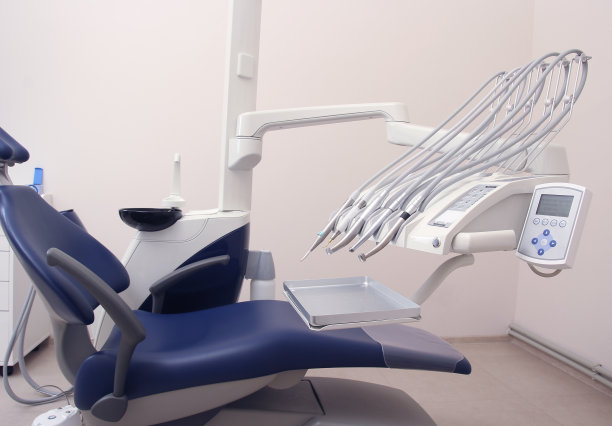Essential Precautions to Consider Before and After Your Dental Filling Procedure for Optimal Results
Summary: Dental fillings are a common dental procedure designed to restore the function and integrity of a tooth affected by decay or damage. However, achieving optimal results from your dental filling necessitates careful attention to essential precautions both before and after the procedure. This article outlines vital considerations such as pre-treatment preparations, post-treatment care, dietary adjustments, and regular follow-up visits. By understanding these aspects, patients can enhance their recovery experience and ensure the long-term success of their dental filling, leading to improved oral health and comfort.
1. Pre-Treatment Preparations for Dental Filling

Before undergoing a dental filling, it is crucial to prepare adequately to ensure a smooth experience. Start by informing your dentist about any medical conditions or allergies you may have. This information is vital because certain health issues can affect the type of anesthesia or materials used for your filling. A full disclosure will enable your dentist to choose the best approach tailored to your needs.
Additionally, avoid consuming hard foods or sweets a few hours prior to the appointment. This can help in minimizing discomfort during the procedure, especially if you have a tooth that is already sensitive or decayed. Having an empty stomach might also make you feel less anxious during treatment, as youll be less preoccupied with potential nausea.
Lastly, arrange for transportation after the procedure, particularly if sedation or anesthesia will be administered. While local anesthetics wear off relatively quickly, some patients might experience grogginess or discomfort afterward, necessitating a responsible way to get home safely.
2. Post-Treatment Care for Dental Fillings
After receiving a dental filling, proper care is essential to ensure optimal healing. First, it is important to avoid eating or drinking until the anesthetic wears off completely. This precaution helps prevent accidental biting of the cheek, lip, or tongue, which can cause unnecessary pain or injury.
Once youre able to eat, its recommended to start with soft foods that require minimal chewing. Foods like yogurt, mashed potatoes, and soups are excellent choices for the first few days. This approach reduces the risk of stress on the newly filled tooth, allowing it to settle properly.
Furthermore, continue to practice good oral hygiene by brushing and flossing around the filled tooth gently. Maintaining oral cleanliness is critical to prevent further decay or damage, which can compromise the filling and necessitate additional dental work.
3. Dietary Adjustments Post-Filling
Following a dental filling, dietary adjustments play a significant role in the healing process. First and foremost, its advisable to avoid sticky or chewy foods for at least a week. Such foods, like caramel or gum, can dislodge the filling or create pressure in the area, potentially leading to discomfort.
Additionally, minimize your intake of hot or cold beverages and food items, especially in the first few days after the procedure. Sensitivity is common around freshly filled teeth, and extreme temperatures can exacerbate this discomfort. Opt for lukewarm options during this healing period.
Incorporating tooth-friendly foods can also support your recovery. Foods high in calcium, phosphorus, and vitamin D, such as cheese, almonds, and fatty fish, promote healthy teeth and gums. Well-rounded nutrition aids in the overall healing process and bolsters your oral health over time.
4. Importance of Regular Follow-Up Visits
Finally, regular follow-up visits with your dentist are critical for monitoring the condition of your dental filling. These appointments allow your dentist to evaluate the fillings effectiveness and ensure that your tooth is healing properly. It鈥檚 advisable to schedule your visit within three to six months after getting a filling.
During these visits, any concerns such as pain, sensitivity, or wear can be addressed promptly. Catching potential issues early can save time and prevent more invasive treatments in the future. Regular checkups also help instill good dental hygiene habits that contribute to long-term oral health.
Moreover, your dentist can provide professional cleanings during these visits, which are essential for preventing cavities and maintaining gum health around filled teeth. This service aids in the prevention of future tooth decay and other dental complications.
Summary:
In summary, understanding the essential precautions before and after your dental filling procedure is crucial for optimal outcomes. By preparing appropriately, adhering to post-treatment care guidelines, making dietary adjustments, and prioritizing follow-up visits, patients can ensure the longevity and effectiveness of their dental fillings.
This article is compiled by Vickong Dental and the content is for reference only.



